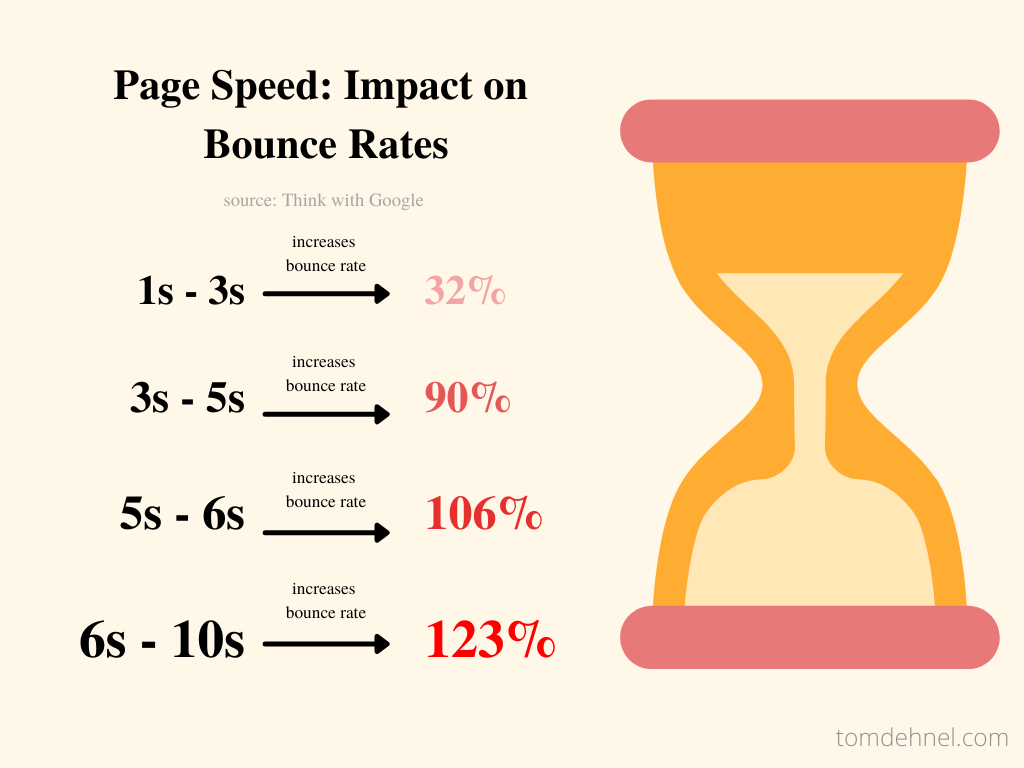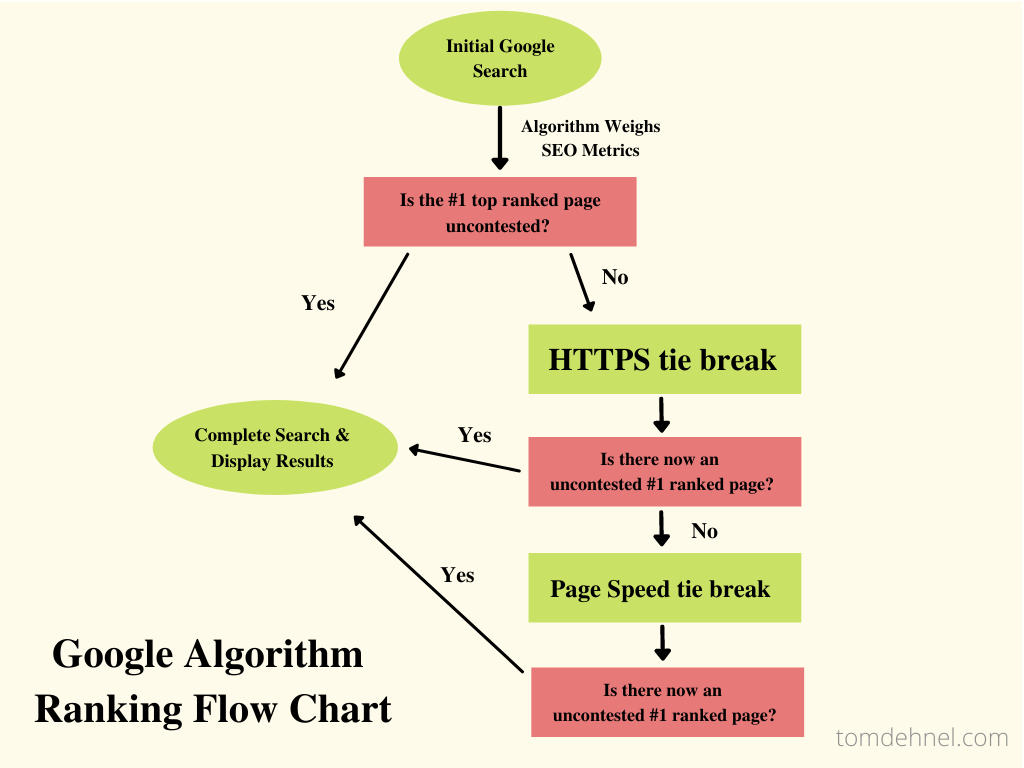Does Page Speed Affect SEO?
|
Getting your Trinity Audio player ready...
|
Page speed does affect SEO. As a direct ranking factor, the speed of your website influences how it will rank on Google. Page speed can also impact bounce rate and session time on your site, which also affects SEO.
What is Page Speed?
Page speed is a metric on websites that measures how long a page takes to load. Unlike site speed, which relates to the average loading time of the entire website, page speed refers to a specific page. Page speed is determined by server quality, image compression, file sizes, and more.

Webpage Load Time
Webpage speed is the amount of time in seconds or milliseconds it takes to fully load a single webpage. This is also known as the Time to First Byte or the server response time.
How Important Page Speed Is for SEO
According to Google, page loading speed became a direct ranking factor for mobile searches in July 2018. It will become a ranking factor for all pages when Google rolls out its Core Web Vitals update in June 2021.
Google, along with other search engines, is keen on ranking pages that provide a great user experience. SEO page speed matters and has a significant impact on user experience. Fast loading pages make it easier for visitors to navigate your website.
Optimizing your website for mobile devices for mobile searches is crucial. Don’t overlook this since search engines have moved to mobile-first indexing with mobile page speed as one of the search ranking factors.
Besides, in 2019, Google Chrome announced that it would flag slow websites to encourage faster user experiences.
Here are some other reasons why increasing your page load time is essential:
- Reduces bounce rate.
- Increases page views.
- Increases dwell time.
- Improves conversion rate.
- Helps your ranking in organic search.


 Previous Post
Previous Post Next Post
Next Post